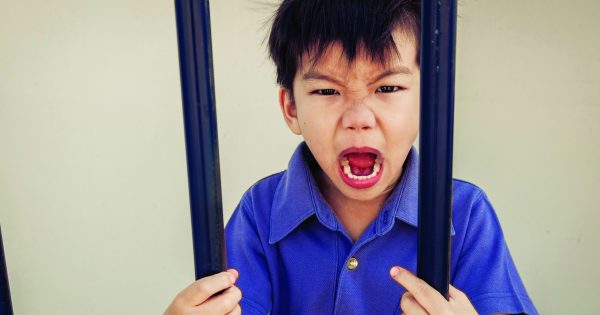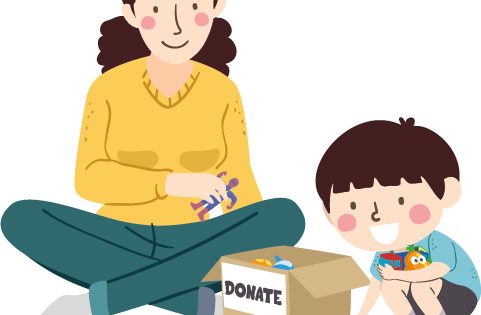There may be times when you feel that your child’s friends may be pressuring them to behave and think in a way that is dangerous or unacceptable. Peer pressure is certainly a common thing among friends and becomes especially powerful during the adolescent years.
Your first instinct may be to demand that your child stop spending time with his friend who exerts this ‘bad influence’. However, this is not the best strategy as it may backfire, inspiring unwanted resistance. A better solution is to train your child to think for himself in resisting negative peer pressure.
Here are some steps which you can take to strengthen your child’s sense of self and moral courage.
- Get them to think about what is right. Rather than ‘telling’ your child what is right and wrong, get them to think and to understand for themselves what is right and wrong. When children really understand the importance of values like honesty, kindness and respect, they are less likely to give in to peer pressure because they have internalized these values. We cannot expect our children to stand up against peer pressure when they are not encouraged to question and discuss moral issues.
- Lead by example. Parents should demonstrate that we too have the moral courage to disagree and say ‘no’ when our friends or relatives may be trying to exert pressure on us to act against what we believe in. This type of modeling drives the point that we should do what our conscience says is right, rather than what other people say is right and we should have the guts to stand up to others.
- Enhance self esteem and confidence. Children who have a lot of self doubt and who feel insecure are far more likely to give in to destructive peer pressure. We can build their self esteem by reminding them that their value as a person does not depend on how popular they are with their friends but rather is built on their unique qualities as a human being and on the unconditional love and acceptance we offer to them.
- Teach assertiveness skills. Many children give in to peer pressure because they just don’t know how to say no to friends. They have had no practice voicing disagreement. Parents can have role playing sessions at home where their children can practice exactly how to say no and walk away when they are facing destructive peer pressure.
| Under Influences |
|---|
|
What you should do when your child has unwittingly picked up undesirable behaviour.
|







Comments